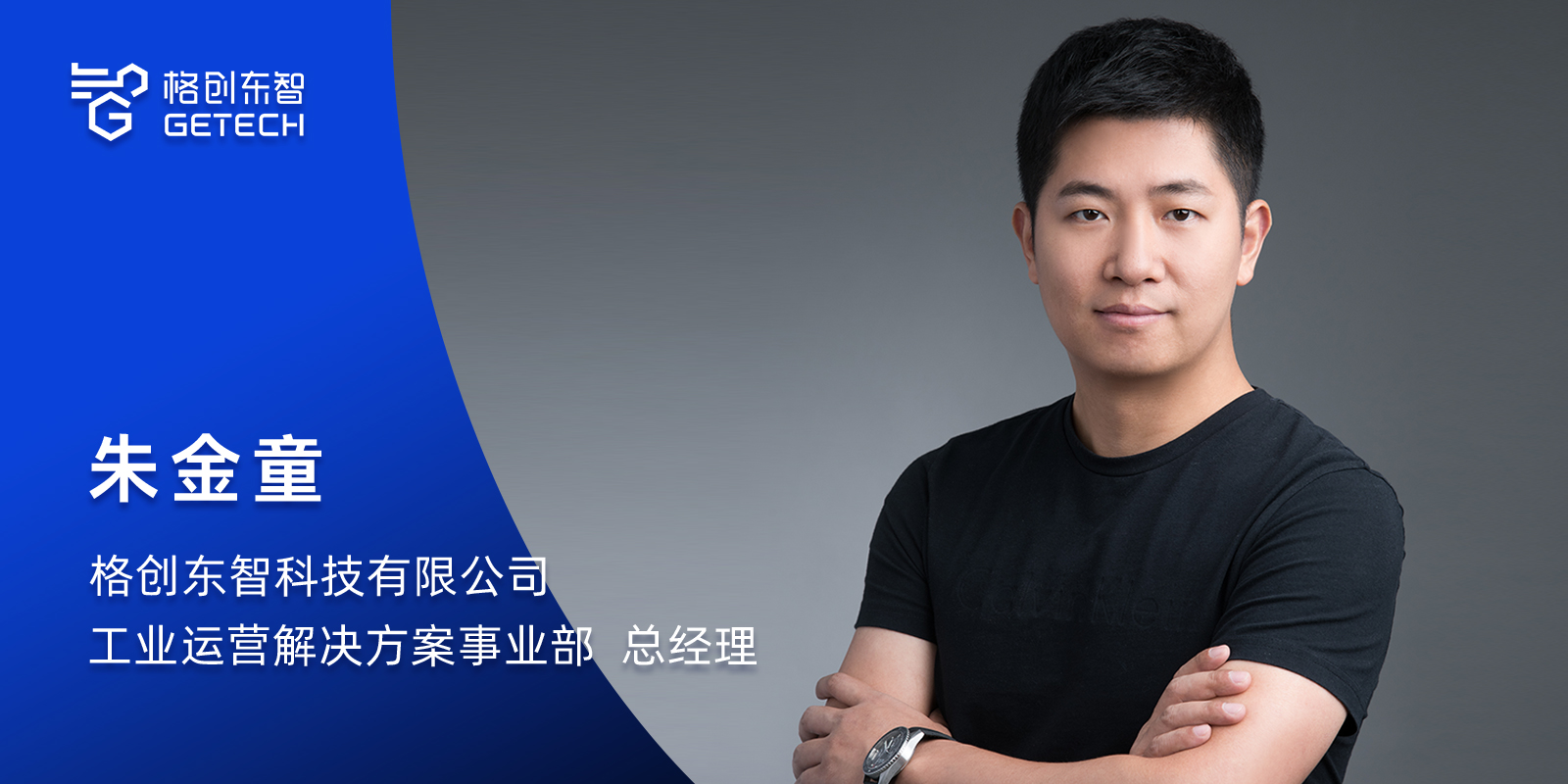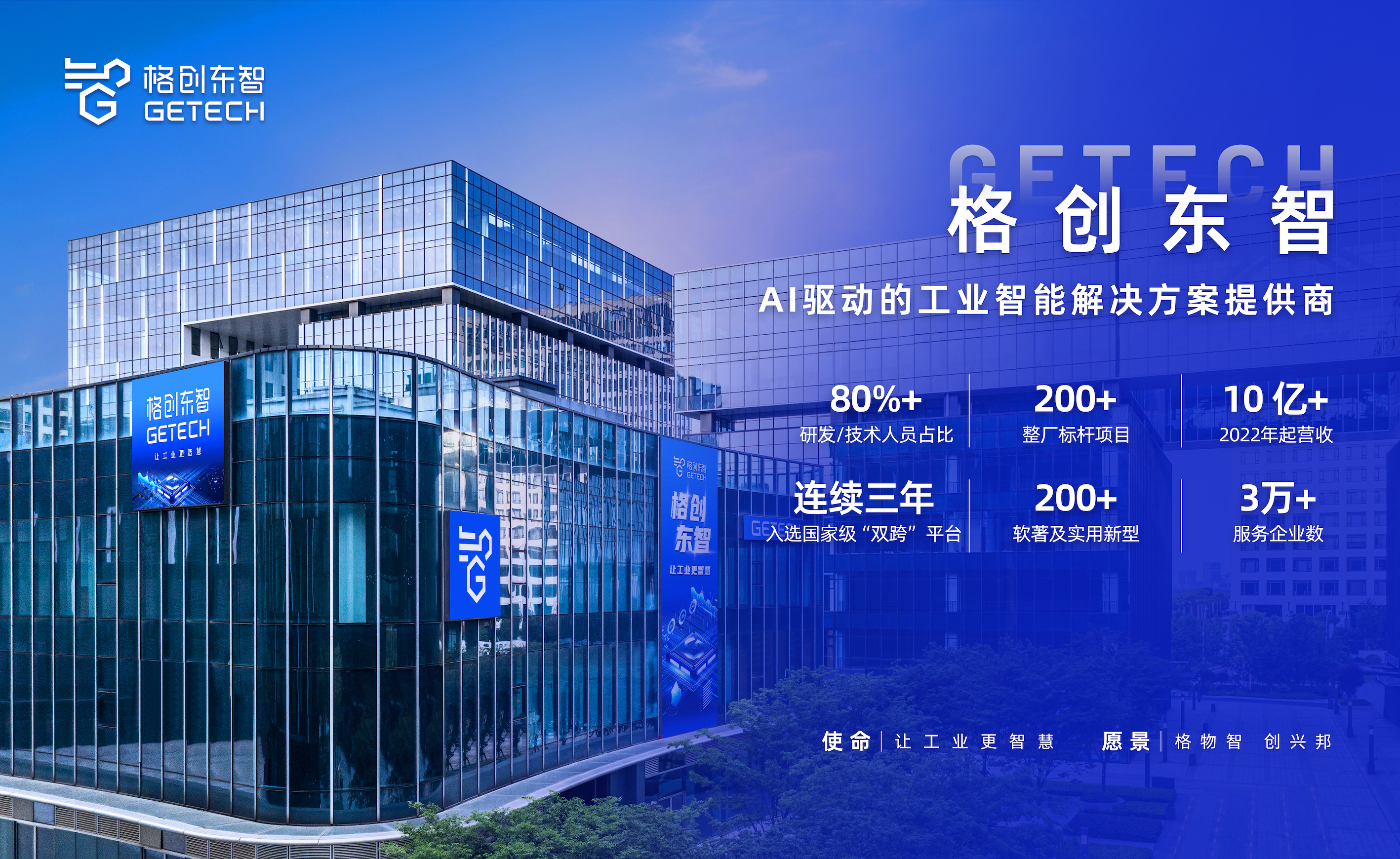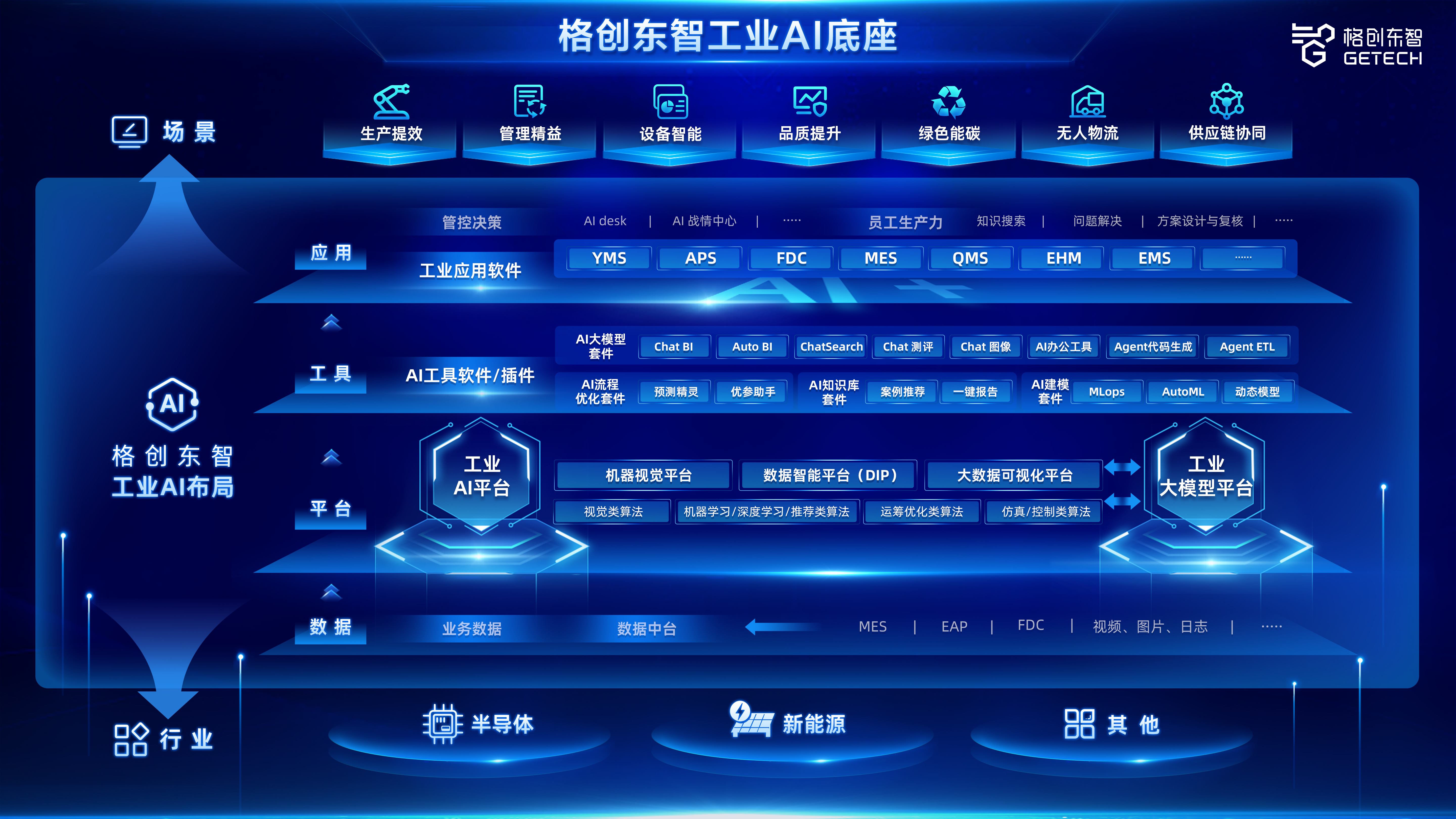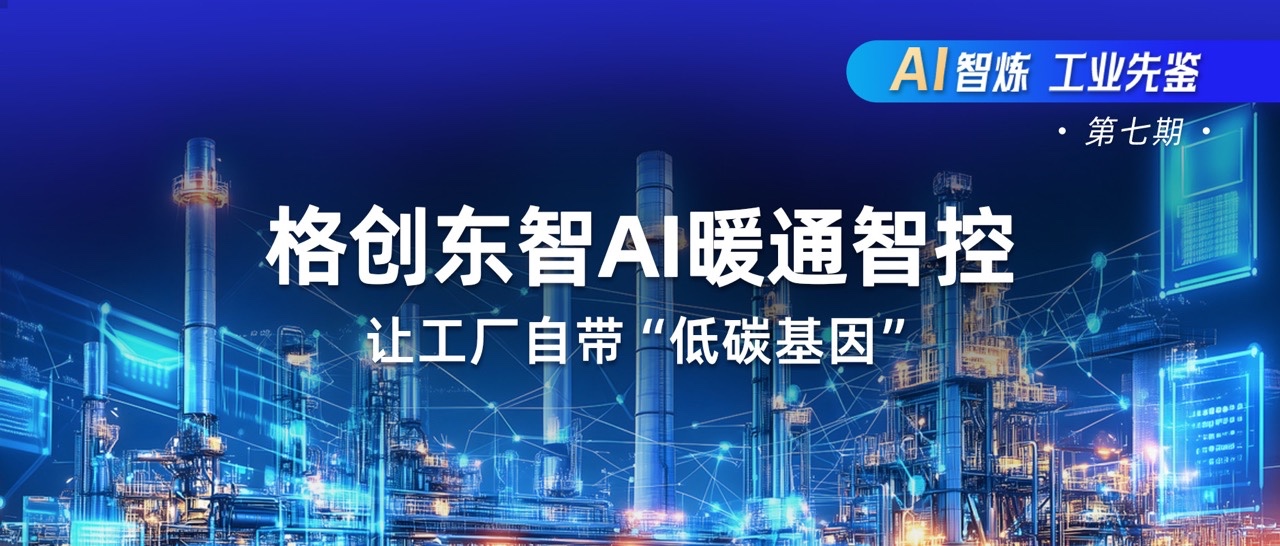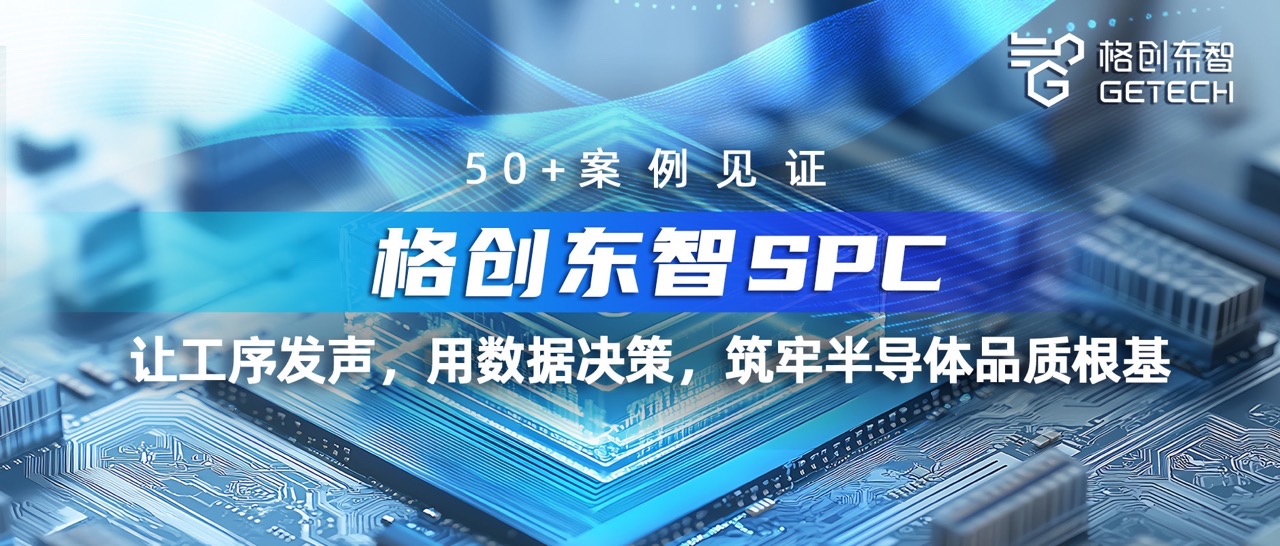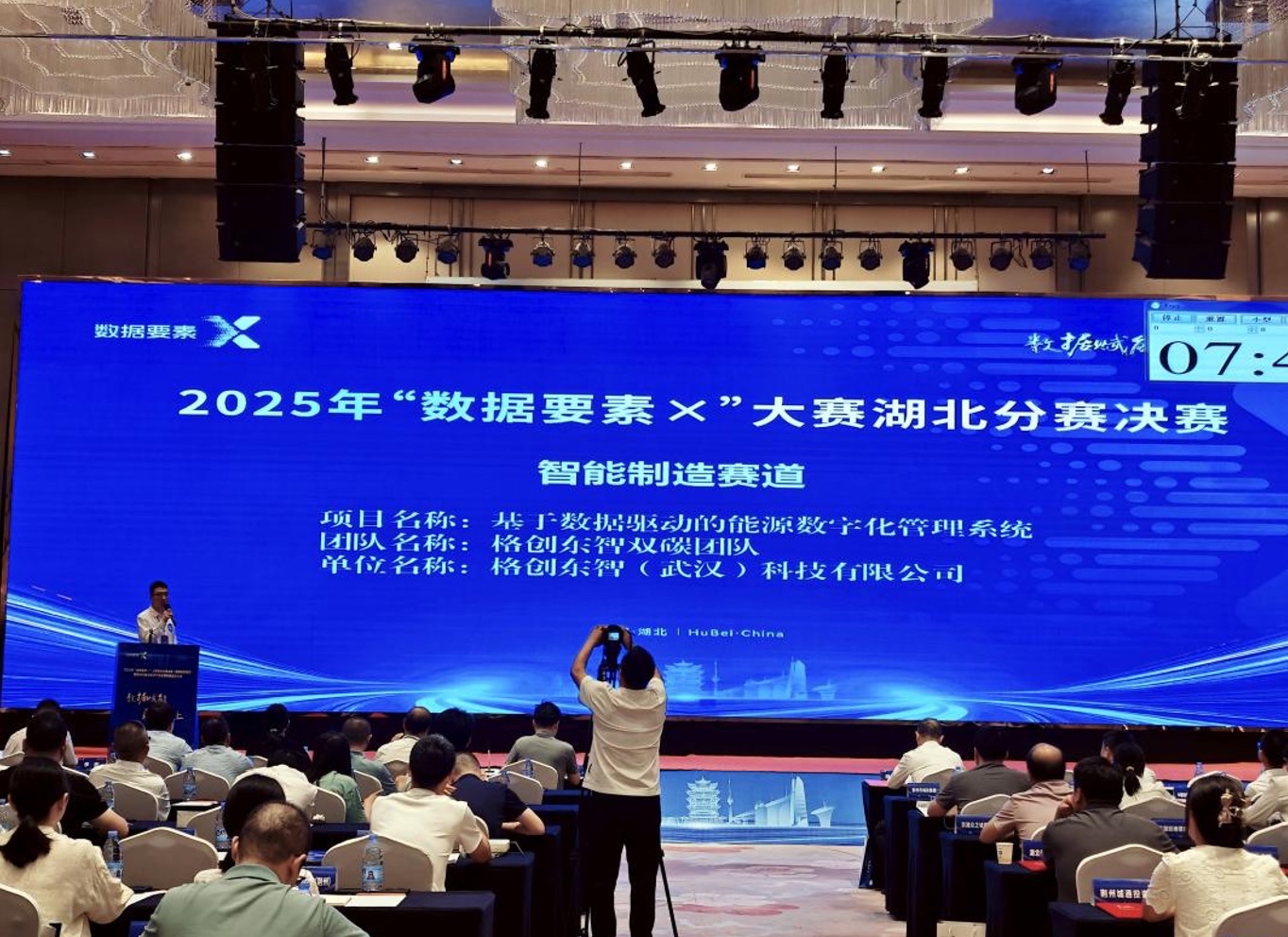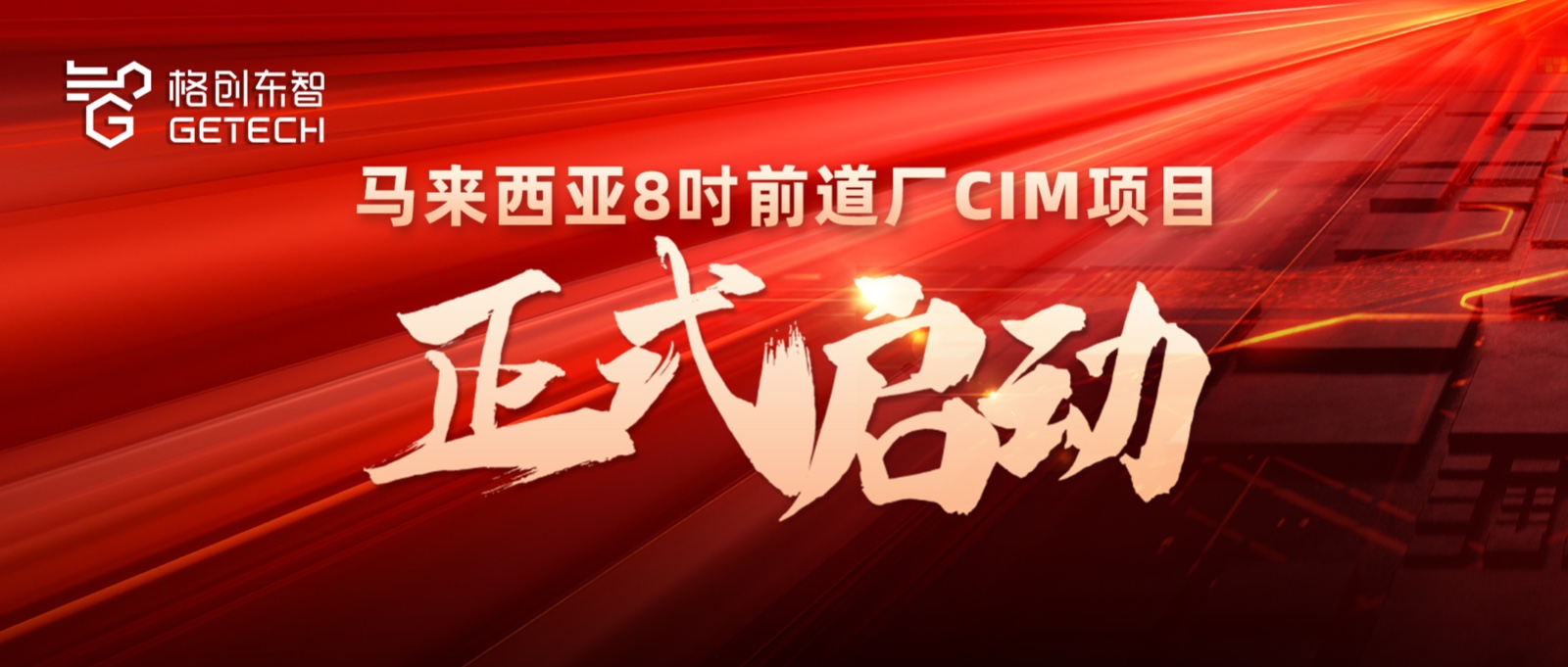Industrial AI Becomes the Strongest Engine of Manufacturing
Since the concept of artificial intelligence was born, its technological applications have gone through a long evolution, including the initial stage, reflection stage, application development stage, downturn stage, and steady stage.
In 2016, the artificial intelligence AlphaGo defeated world Go champion Lee Sedol with a score of 4:1. AlphaGo was like the butterfly that flapped its wings in South America, triggering a global "tornado" of artificial intelligence. In the following years, the development of information technologies such as big data, cloud computing, the internet, and the Internet of Things propelled the rapid advancement of AI technologies represented by deep neural networks, achieving multiple technological breakthroughs and ushering in a new wave of explosive growth for artificial intelligence. In 2023, pre-trained large models crossed the technological singularity. In 2024, artificial intelligence is driving technological waves represented by AIGC, digital humans, multimodality, large AI models, and intelligent decision-making. The application of artificial intelligence in industries has also reached unprecedented depth and breadth. In the field of industrial manufacturing, "AI drives industry, software defines manufacturing" has become a widespread consensus across the industry. As the "brain" of smart manufacturing, industrial AI not only promotes the shift in manufacturing production paradigms and changes manufacturing methods but also deeply integrates IT and OT into one, reshaping the business models and industrial ecosystems of manufacturing. To address the new developments, challenges, and trends of AI in industrial manufacturing, Zhu Jintong, General Manager of the Industrial Operations Solutions Division of AI-driven industrial intelligence solution provider GTRONTEC, conducted an industry dialogue with EO Network.
In 2016, the artificial intelligence AlphaGo defeated world Go champion Lee Sedol with a score of 4:1. AlphaGo was like the butterfly that flapped its wings in South America, triggering a global "tornado" of artificial intelligence. In the following years, the development of information technologies such as big data, cloud computing, the internet, and the Internet of Things propelled the rapid advancement of AI technologies represented by deep neural networks, achieving multiple technological breakthroughs and ushering in a new wave of explosive growth for artificial intelligence. In 2023, pre-trained large models crossed the technological singularity. In 2024, artificial intelligence is driving technological waves represented by AIGC, digital humans, multimodality, large AI models, and intelligent decision-making. The application of artificial intelligence in industries has also reached unprecedented depth and breadth. In the field of industrial manufacturing, "AI drives industry, software defines manufacturing" has become a widespread consensus across the industry. As the "brain" of smart manufacturing, industrial AI not only promotes the shift in manufacturing production paradigms and changes manufacturing methods but also deeply integrates IT and OT into one, reshaping the business models and industrial ecosystems of manufacturing. To address the new developments, challenges, and trends of AI in industrial manufacturing, Zhu Jintong, General Manager of the Industrial Operations Solutions Division of AI-driven industrial intelligence solution provider GTRONTEC, conducted an industry dialogue with EO Network.
